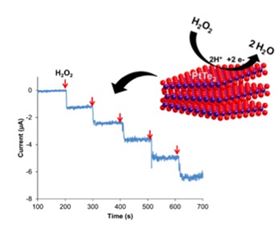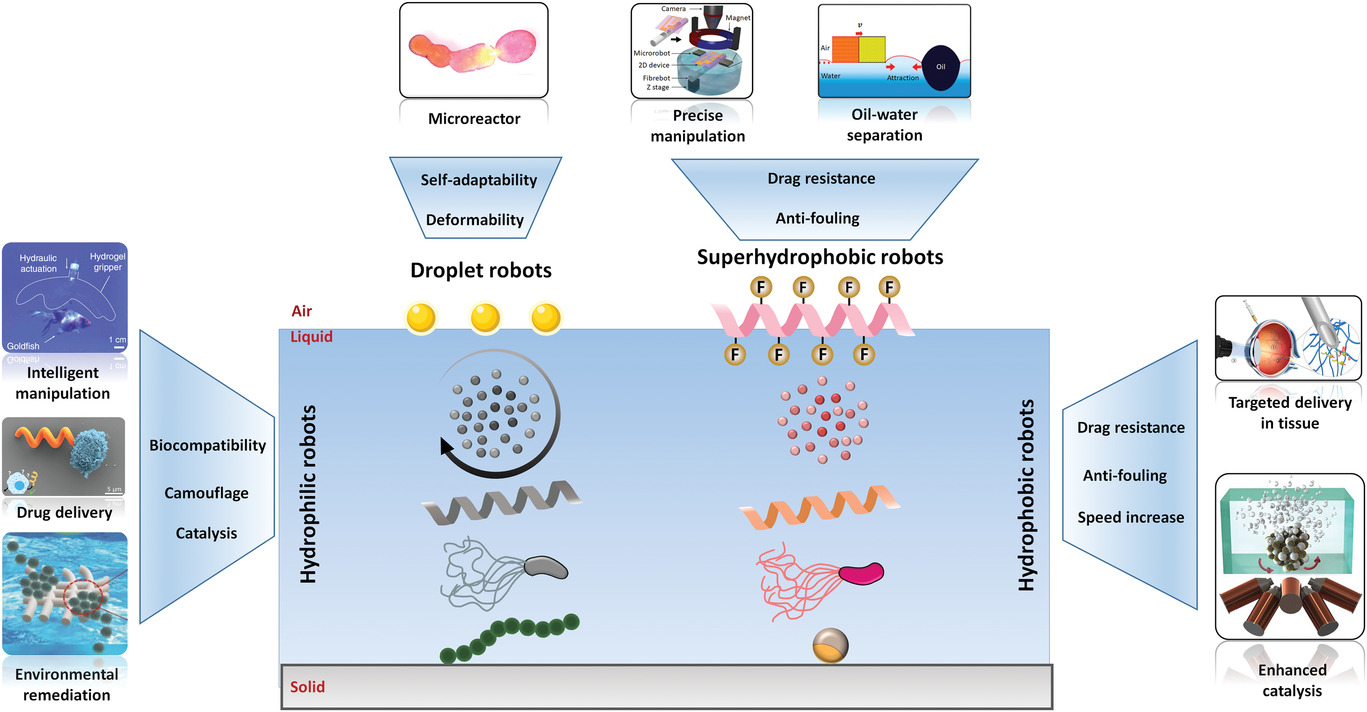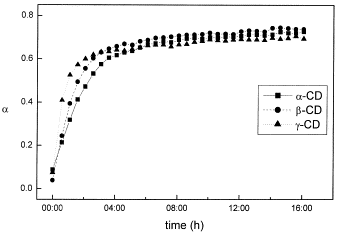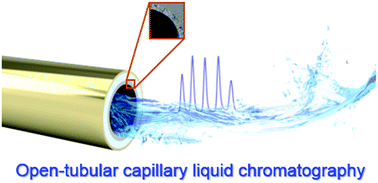paper archives
Stay hungry, stay foolish. You are as good as your last paper.
Two-dimensional vanadium sulfide flexible graphite/polymer films for near-infrared photoelectrocatalysis and electrochemical energy storage
- Siowwoon Ng, Kalyan Ghosh, Jan Vyskocil, Martin Pumera*

Modern wearable electronics require scalable, flexible, and conductive electrodes with tunable properties. Abundant materials such as graphite as a conductive component and polymer as a flexible component forming a composite film (electrode) via simple synthesis technique are particularly captivating. This approach conveniently satisfies the fundamental needs of an ideal electrode yet provides a conductive platform to accommodate a secondary material for various purposes in electrochemical energy conversion and storage. Accordingly, we optimize a graphite-polymer composite film with good conductivity and flexibility to incorporate two-dimensional (2D) VSx (mixed phase predominated by V5S8) as an active material within the film. We exemplify the dual functionalities of the VSx/graphite flexible electrode as i) a photo-electrocatalyst for enhanced hydrogen evolution reaction by visible and near-infrared light irradiation (overpotential ≈500 mV at the current density of −10 mA cm−2), and ii) a conductive electrode for symmetrical solid-state supercapacitor with pseudocapacitive charge storage mechanism (areal capacitance of 123 mF cm−2 and areal capacity of 34 µAh cm−2 at the current density of 0.5 mA cm−2). Our work demonstrates the versatility of graphite films in terms of size, shape, flexibility, and scalability, with tunable physical, optical, and electrical properties by integrating other secondary materials. We combine flexible graphite film and 2D vanadium sulfide with near-infrared photoresponse and pseudocapacitive properties, as an economically feasible avenue for energy harvesting, outer space application, and wearable devices.










